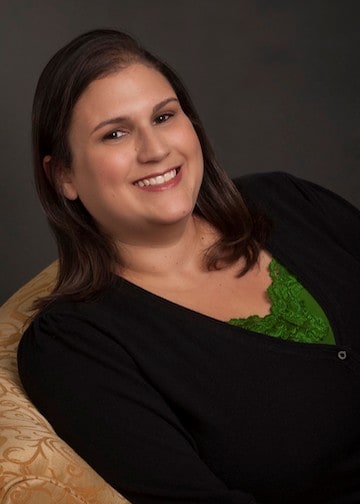Government-mandated separation of families at our southern border finally sparked collective outrage about the treatment of families seeking asylum in the U.S. But now we have a new problem. Some people are villainizing nonprofit agencies that have been serving immigrant families for decades. This is a mistake. These nonprofits need support now more than ever.
Unfortunately, negative media attention and misperceptions have embattled nonprofits. The media frequently show pictures of tent facilities or children in “cages.” Tent facilities are opened quickly on an ad hoc basis when influxes of migration surpass the capacity of the regularly operated shelters.
They are absolutely not where children should live, but the alternative right now would be children continuing to live at holding facilities. Politicians recently have visited federal holding facilities on the border and expressed outrage about the cages and the Mylar blankets. However, the cages are not used on an ad hoc basis. They have been there long before this crisis. The Mylar blankets are definitely unappealing, but they serve purposes: They prevent lice from spreading, and they are warm.
Another misconception is that nonprofits are keeping children out of view of the public to prevent us from seeing what’s happening to them. Keeping children out of view is actually in their best interest. Sticking cameras over fences or camping out in front of nonprofits is not OK. Children are scared and traumatized already. Loud noises, crowds of people and flashing lights only make it worse for them.
The immigration and child welfare systems are incredibly complex, and clarifying distinctions between them is crucial for several reasons. Children seen on television are not going into state foster care systems because of abuse or neglect, and they will not be eligible for adoption. These children have parents and families. They are not legal orphans eligible for adoption. Some of the youngest ones and those with special needs may be placed in foster homes temporarily.
The confusion arises because sometimes nonprofit foster care agencies are licensed to care for immigrant children in federal care as well as children in state child welfare custody. But the laws and processes for these two systems are very different. After the U.S. government ensures that immigrant children have safe, nonexploitive family members to care for them, there is no reason for them to remain in shelters or foster care.
Well-meaning people often show up in crises to save children — in this case, wanting to give them hugs and teddy bears, or adopt them. But that positive energy should be directed toward supporting the nonprofits that almost always need help with donations and supplies to keep their operations running.
They do get paid for the basic care of children, but there is an incredible amount of need. Right now many of these nonprofits are scrambling to help released parents and children with housing and transportation to their destinations while they await immigration hearings. Children sometimes cross the border with only a backpack. They need clothes, health care and mental health services, but they do not need a mother or father. They already have that.
The U.S. government took children from parents who were desperately trying to protect them from very real dangers in their home countries. Any social service providers, had they been listened to, would have warned of the chaos that would come from using children as bargaining tools in immigration.
Now, we have a mess of human rights violations, traumatized families, nonprofits that are struggling to fulfill their missions of helping children, and shame that we live in a country where this happened. There was no clear plan, and the situation is changing every day. However, the only humane solution is for the U.S. government not only to reunite families, but provide long-term resources to the Office of Refugee Resettlement and to nonprofits across the country to help children and their families heal from the horrific experience of detention and separation and resettle in the U.S. We all should focus efforts on supporting nonprofits and demanding action from the U.S. government.
—
Monica Faulkner is an associate research professor in the Steve Hicks School of Social Work at The University of Texas at Austin and a research affiliate of the Center on Immigration and Child Welfare. Megan Finno-Velasquez is an assistant professor in the School of Social Work at New Mexico State University and director of the Center on Immigration and Child Welfare.
This opinion piece was produced for Texas Perspectives. A version of this op-ed appeared in the Austin American Statesman.


